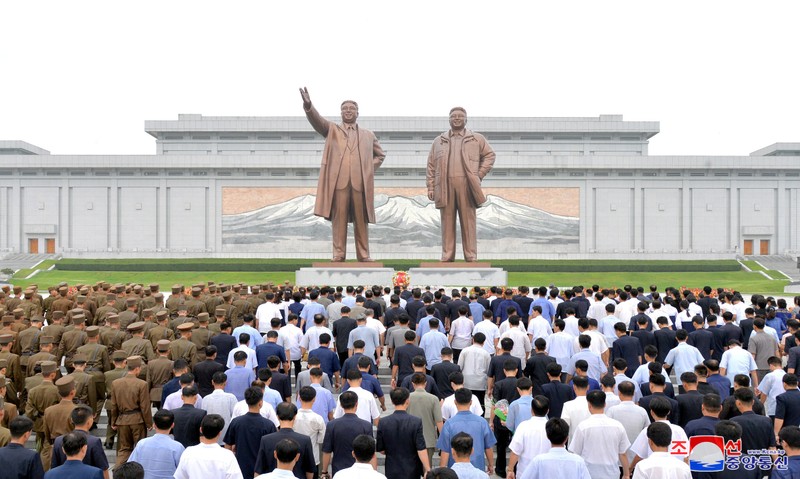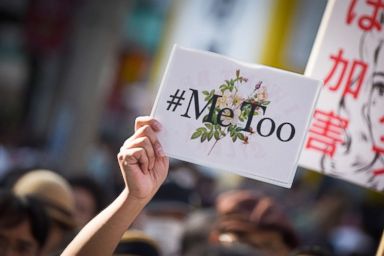


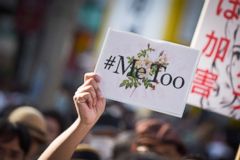
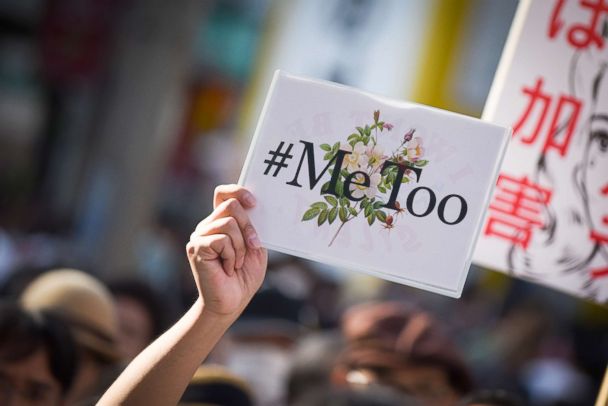
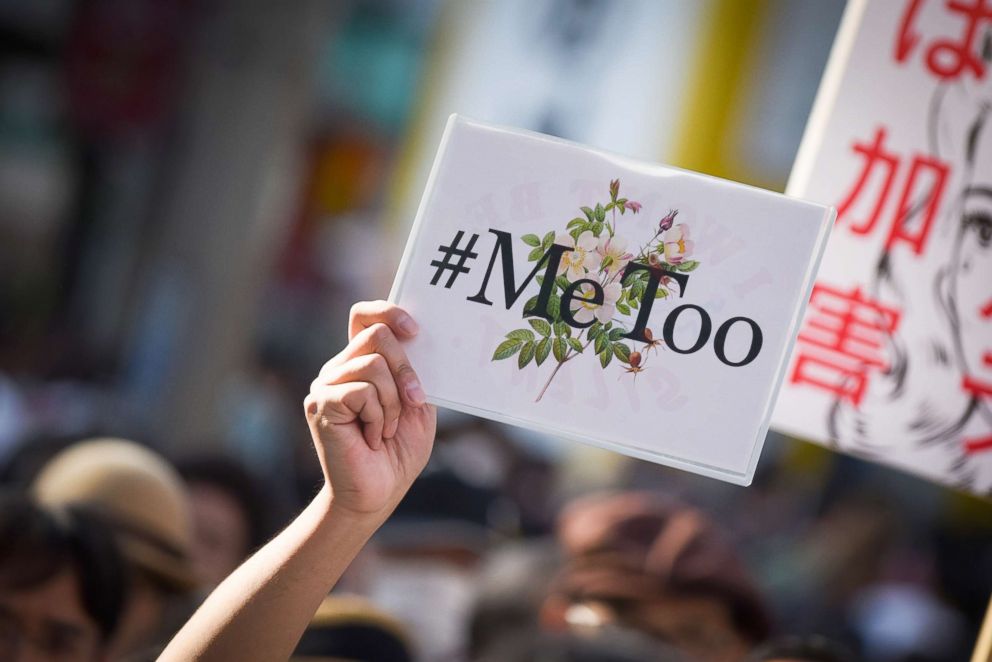

As the #MeToo movement against sexual misconduct began snaring politicians, state legislatures across the country vowed to re-examine their policies to prevent harassment and beef up investigations into complaints of sexual wrongdoing.
About half of all state legislative chambers have followed through with at least some sort of change to their sexual harassment policies, most often by boosting their own training, according to a 50-state analysis by The Associated Press. But the others have done nothing this year, even as sexual misconduct allegations against lawmakers have been mounting.
The mixed response highlights both the political pressure to act and the institutional resistance to do so that exists in many state legislatures, where women now serve in record numbers yet remain outnumbered 3-to-1 by men.
“In the wake of Harvey Weinstein and the #MeToo movement that swept across different industries, we had to act,” said Democratic Assemblywoman Nily Rozic of New York, which mandated more robust sexual harassment policies for government agencies and private employers.
But “I think we have a long ways to go in addressing sexual harassment in legislatures across the country,” she said.
Since the start of 2017, at least 30 state lawmakers have resigned or been kicked out of office following allegations of sexual misconduct, according to an AP tally. An additional 26 lawmakers have faced repercussions such as the loss of party or committee leadership positions since last year. Numerous others have had allegations brought against them.
Most of those cases came to light since October, when media reports about sexual misconduct allegations against Weinstein, the Hollywood mogul now facing sexual assault charges in New York, led to a national movement of people going public with claims that they also had been sexually harassed or abused, sometimes years ago.
Rhode Island Rep. Teresa Tanzi was among the first to come forward, asserting that a high-ranking legislator whom she did not identify had told her that sexual favors would help her bills go further. The disclosure prompted the House to offer sexual harassment training and to place Tanzi, a Democrat, in charge of a task force to recommend changes to state law.
But the experience ultimately left Tanzi frustrated. None of the task force’s bills passed.
“It really to me felt as though it were just a dog-and-pony show,” she said.
When the AP surveyed state legislatures in early January, about three-quarters of the House and Senate chambers nationwide indicated they were considering or had recently made changes to their sexual harassment policies. As of August, the AP’s follow-up survey found that about half of the 99 state legislative chambers actually had made changes. More than two dozen that previously indicated they were reviewing policies have yet to make any substantive changes, though some are still considering it.
The AP’s analysis also found:
— The most common response among lawmakers has been to boost their own training about sexual harassment. About half the legislative chambers have done so, typically by making it mandatory or providing it more frequently. But legislative chambers in one-fifth of the states still do not require lawmakers to participate in sexual harassment training.
— Legislatures in about one-fifth of the states added provisions since the #MeToo movement allowing for the external investigation of complaints, which some experts say is an important way of avoiding conflicts of interest and encouraging the targets of harassment to come forward. Even so, fewer than half the legislative chambers nationwide now allow for the external review of complaints.
California has been among the states with the most complaints against lawmakers and the greatest debate over sexual harassment policies.
After about 150 women signed a public letter last October calling out “pervasive” harassment at the Capitol, lawmakers adopted new whistleblower protections for legislative employees who report harassment and began publicly disclosing substantiated complaints against lawmakers and high-level staff members.
A new investigative process, which is expected to be in place in early 2019, will create a special office to handle sexual misconduct complaints. Its fact-finding then will be turned over to a group of outside experts to determine whether complaints can be substantiated and to recommend discipline.
Sexual misconduct also was one of the most talked about topics when Florida’s annual legislative session began in January. A Republican lawmaker had just resigned after a Senate investigation found he likely committed sexual misconduct, and a Democratic senator had stepped down after acknowledging an affair with a lobbyist.
Despite bold proclamations, nothing passed to address sexual harassment.
The Florida legislative session was thrown into a chaotic final two weeks as lawmakers scrambled to pass a school safety bill in response to a shooting that killed 17 people at a Parkland high school. Democratic state Sen. Lauren Book, whose constituents were affected by the shooting, said that’s only partly to blame for the demise of sexual harassment legislation. She also cited “political games” and an “old boy” culture at the Capitol.
“Until we start changing minds and until we continue to push the narrative, we’re not going to get anywhere,” Book said.
———
Contributing to this report were Associated Press data team editor Meghan Hoyer in Washington, D.C., and writers Kathleen Ronayne in Sacramento, California, and Brendan Farrington in Tallahassee, Florida.
——
Follow David A. Lieb at http://twitter.com/DavidALieb
Part of AP’s ongoing examination of how sexual harassment complaints are handled in state legislatures

